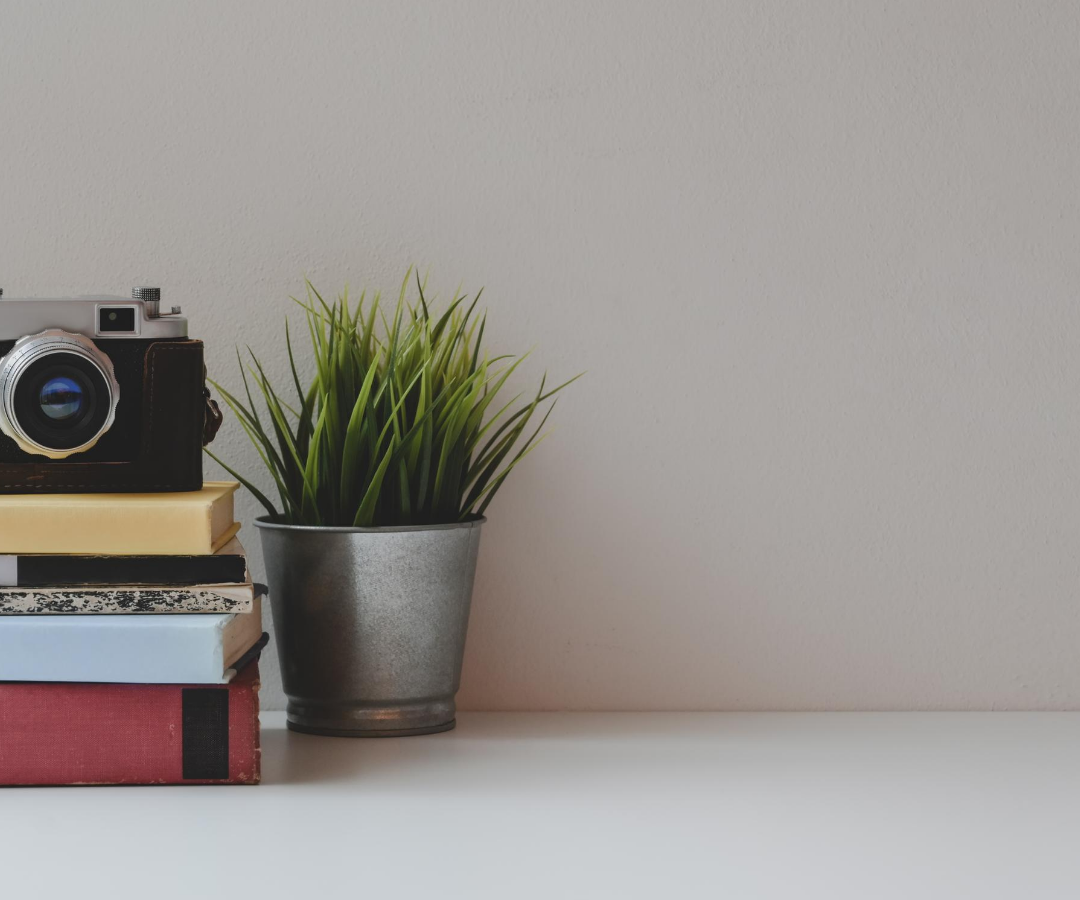As a self-proclaimed minimalist, I get a lot of questions. To be honest, I enjoy talking about the topic, but it got to the point where I began seeing commonalities in the questions I was being asked — they stemmed from preconceived notions.
I blame this on a lot of things such as saturated content on social media; therefore, I want to take the time to debunk common misconceptions surrounding the topic of minimalism.
It’s all about owning less material possessions.
Owning less is a small piece of the pie in minimalism. It most definitely starts with decluttering, but it does not end there.
The reason why we start with decluttering is because most of our attention is put into owning more. Downsizing is a way to find what you truly value in your life while ridding yourself of the excess.
After the decluttering process, you unknowingly practiced the art of letting go. Decluttering helps you identify what no longer serves a purpose in your life. This practice can then be used in other areas of your life such as letting go of friendships, habits, etc. that no longer serve a purpose in your life.
There’s a one-size-fits-all.
Minimalism is all about being intentional with what we bring into our lives. Whether that be with material possessions, friends, work projects, and the like. It’s evaluating what brings us value and offers us long term satisfaction instead of short term.
That being said, minimalism will look different from person to person. It’s a tool that can be molded to fit an individual’s lifestyle however they see fit.
So whatever image that comes to mind when you picture “a minimalist” get rid of it.
Minimalism is anti-consumerism.
This is insane. Things break, things wear out beyond repair, and things need to be replaced.
The difference between shopping as a hyper-consumer and a minimalist is that minimalists think about what they are going to purchase instead of impulsively shopping.
Choosing to slow down in order to consume mindfully is a principle every minimalist has, but that doesn’t mean that we stop shopping when we go minimal.
There’s an end-goal.
There’s not an end-goal to minimalism. It is a continuous journey and requires constant re-valuation every once in a while. What serves a purpose in your life now, may not serve a purpose two years from now.
Minimalism is restrictive.
A lot of people look at minimalism as a restrictive lifestyle. One that requires excessive time and energy to maintain a perfect wardrobe or tidy home, but that is far from the case. Minimalism actually frees you. It rids you of the excess and frees up more time and more resources so that you can live a more meaningful life.
If minimalism is restricting you from things that bring you joy, then you’re not using minimalism as a tool, you’re using it as a clutch.
For more on minimalist living, head over to my ‘Minimalism‘ page.


drtanya@saltedcaramel
A very well balanced view.
aaliyahinspired
Thank you Tanya!
drtanya@saltedcaramel
My pleasure.
Rosell
All on point, Aaliyah. Thanks for sharing ❤️
aaliyahinspired
Thank you Rosell!!
Rosell
Your welcom hun 🖤
JPlusO2
This is very much on point 🙂
aaliyahinspired
Thank you so much!
mindbeautysimplicity
So very true!
– B 🌿
https://mindbeautysimplicity.wordpress.com/2020/08/10/what-happens-when-you-make-everything-important/